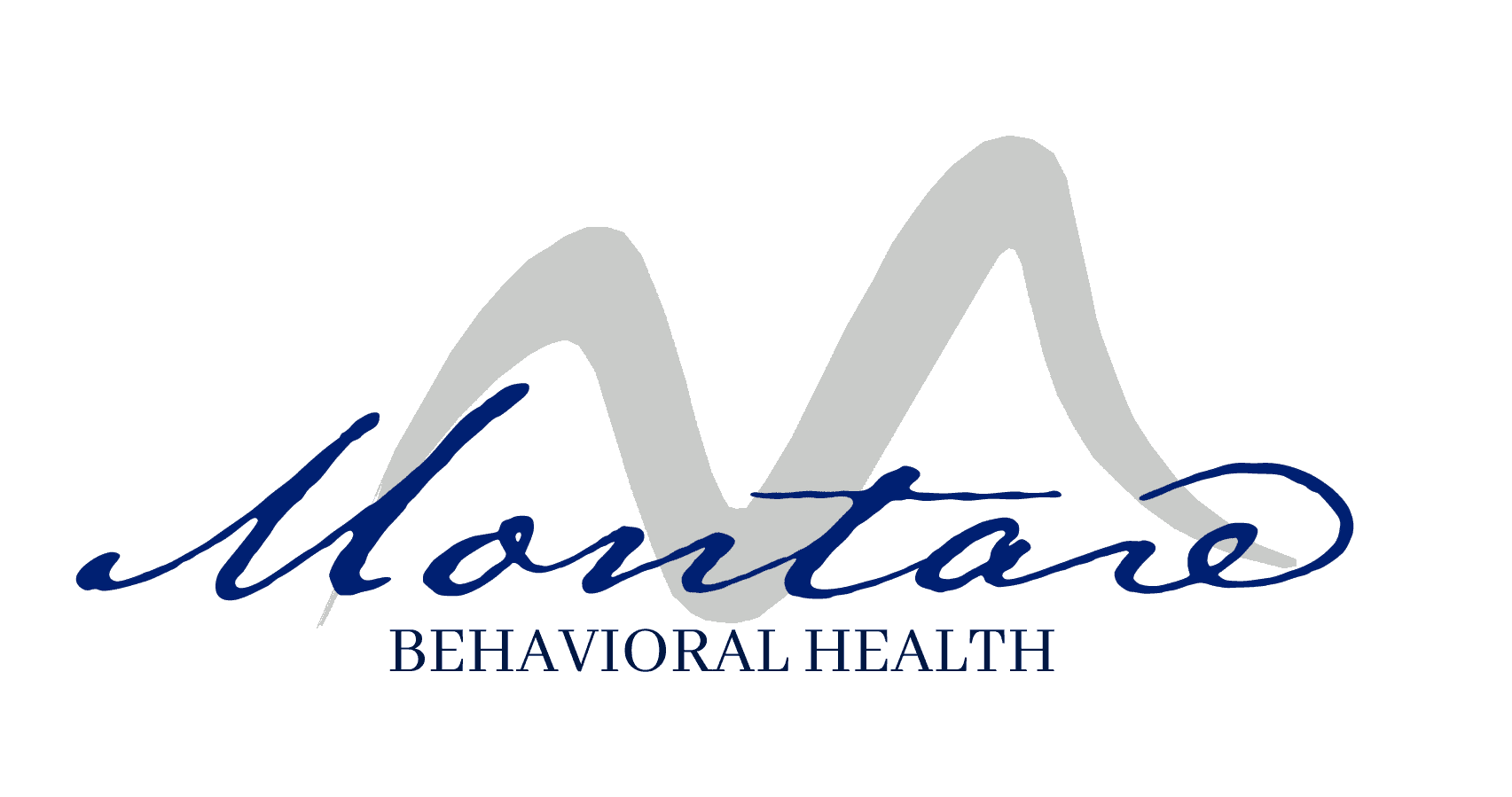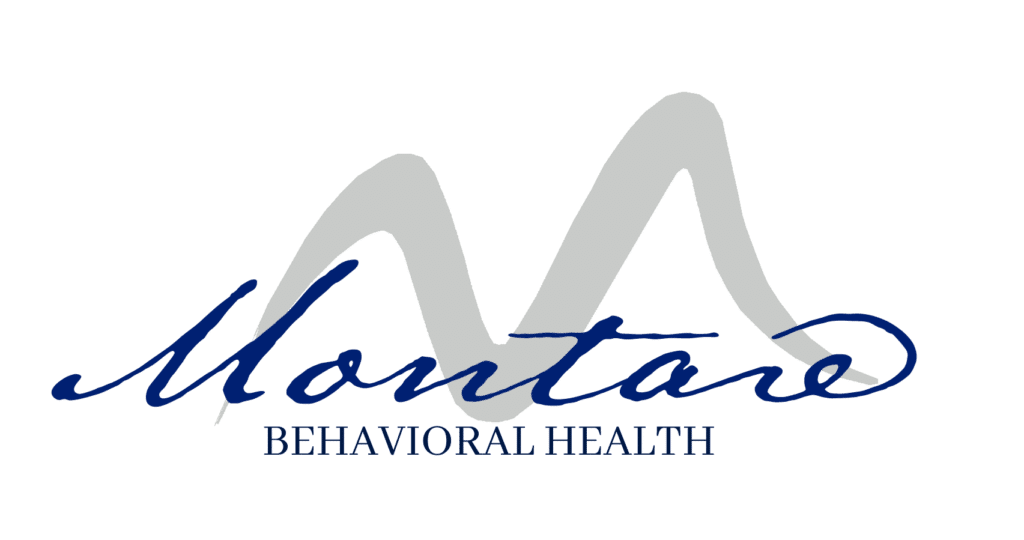Body dysmorphia causes a person to be unable to view their body realistically. Because of this, they often suffer from a negative body image and poor self-esteem. Body dysmorphia can impact people with a number of different types of eating disorders but does someone with one disorder automatically struggle with both? Montare Behavioral Health of Tucson can help people overcome body dysmorphia and establish healthy and realistic relationships with their bodies.
Is Body Dysmorphia an Eating Disorder?
While someone with body dysmorphia may have an eating disorder, they are two separate conditions. Body Dysmorphic Disorder (BDD) causes a person to view parts of their body inaccurately. Someone with an eating disorder tends to focus on their entire body and weight. They use compensatory behaviors to alter them, including restricting their food intake and purging (voluntarily vomiting). Someone with BDD doesn’t typically focus on weight or size, although they may use dieting and other activities to try to influence the appearance of a particular body part or area.
Having a distorted body image is a symptom of both body dysmorphia and many eating disorders. This can cause the person to frequently monitor the parts of their bodies that concern them. They repeatedly check their appearance in mirrors and focus endlessly on their perceived flaws. However, this behavior does not automatically meet the criteria for having both BDD and an eating disorder.
While body dysmorphia and an eating disorder are two separate conditions, some people do develop both. For example, someone may have anorexia nervosa, a binge eating disorder, or another type of eating disorder along with BDD. As an example, they may believe their nose to be oddly shaped or unattractive. In this case, the individual will need to seek treatment for both the eating disorder and body dysmorphia.
Dangers of Body Dysmorphia
Someone who has body dysmorphia spends an inordinate amount of time obsessing about their appearance. Spending hours a day in this type of frenzied thinking and worrying causes damage to a person’s mental health. It can reach the point that a person has trouble keeping up with a job, school, and family responsibilities. They may refuse offers for social events and outings because of the shame they feel about themselves. This type of isolation can contribute to developing an anxiety disorder, depression, and other mental health disorders. It can cause someone to be unable to function fully in their lives.
Another danger of having BDD can happen when the person turns to cosmetic surgery to try to fix their problems. They become convinced that having an elective surgery will make their appearance satisfactory. However, someone with body dysmorphia typically only enjoys the results of plastic surgery temporarily. Soon, the dissatisfaction and anxiety return, and the individual begins to plan for further surgeries. This exposes them to the unnecessary risks that come with any kind of surgery.
Sadly, many people with body dysmorphia become so despondent that they experience suicidal feelings. This makes it vitally important that the person seek professional mental health treatment in order to help them overcome their disease.
Signs & Symptoms of Body Dysmorphia
It can be easy to miss the fact that someone has body dysmorphia. It may be perceived as someone who is merely vain or has unrealistic expectations for how they should look. Common signs and symptoms of body dysmorphia include:
- Focusing on something about their appearance that others do not see or view as minor
- Spending a great deal of time looking in mirrors and trying to fix or hide their “flaws”
- A belief that the person is ugly or deformed
- Asking others to confirm their faulty appearance or assuming others already feel the person is unattractive
- Obsession with having cosmetic surgery, often repeatedly, but never feeling satisfied with the results
- Isolating from others
- Obsessing over one body part, then switching to another one
Someone with body dysmorphia may focus solely on one part of their body or on two or more parts. Alternatively, they may focus on just one area, then become focused on another part later on. The most common body parts people focus on include the face (the nose and skin-related issues), hair (particularly in relation to thinning), skin and veins all over their bodies, and muscle size. Additionally, many people become obsessed with their breast size and genitalia.
How is Body Dysmorphia Treated?
Someone with body dysmorphia needs to seek professional treatment from a qualified mental health program. Talk therapy can bring about real change in a person with BDD. In particular, cognitive behavioral therapy has been shown to help people overcome this condition. Medication can also help, as well as other therapeutic approaches.
The first step is to get an assessment from a mental health clinician in order to determine if the person has body dysmorphia. From there, residential care can make a tremendous difference in helping the individual reestablish a healthy relationship with their body and self-image. Additionally, a treatment center can treat a co-existing eating disorder, if necessary.
Begin Treatment for Body Dysmorphia in Arizona
Montare Behavioral Health of Tucson understands how body dysmorphia can drastically impact a person’s life. We provide highly effective treatment for this, as well as any co-occurring eating disorders, in a comfortable residential facility. Our multi-disciplinary approach offers compassionate care from eating disorder-trained professionals who know how to communicate with our patients. We treat diverse populations and help move each person into recovery and a new relationship with their bodies.
Would you like more information about treating body dysmorphia or eating disorders? Contact us now and let us help you get the help you or your loved one needs.


